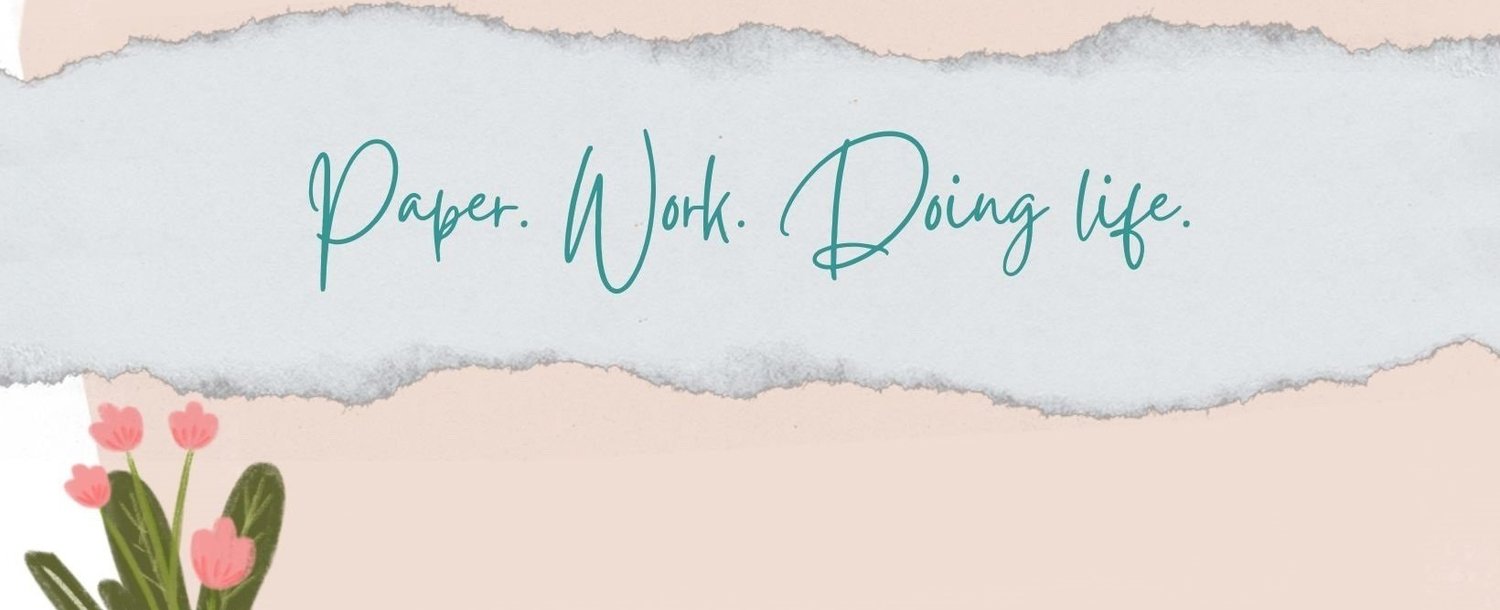Thoughts on the Core and Assessments and Such...
As I prepare for this year's testing at my own school, I am not surprised by the number of tweets and blogs and articles about the common core and high states testing that are surfacing. Here is a look at just a few of them that I found the most intriguing. Perhaps my bias shows.
Study: Twitter Discourse Reveals Deeper Rifts on Common Core: Parents, Non-Experts Also Gained Bigger Voice on Common Core
By Sarah D. Sparks
An interesting look at a study by the Consortium for Policy Research in Education that explores tweets about the common core on Twitter. “Overall, the researchers identified five common objections in which common-core opposition is conflated with concerns about the federal role in education, student data privacy, standardized testing, business influence in public education, and focusing on student test scores to the exclusion of underlying causes of low achievement, such as poverty and inequality.”
Why My Children Will Not Take State Assessments
By Mrs. Momblog
She explores the notion that the right to opt children out of state assessment programs is constitutional. Among other thing she notes,” Our children are not percentages or scores. In addition to being students, they are athletes, community members, school theater participants, student government representatives, and musicians–all of which can’t be shown on a bubble sheet of a state assessment.”
Teaching to the Test is Not Teaching
By Peter Greene
An experienced educator looks at the flawed design of the current assessment system in many common core states. Among other things he suggests, “Teaching to the test means preparing students for one narrow task, like teaching a chocolate lab to fetch. It is not so much teaching as training. It is not the work we signed up to do, but it has become the work we are judged by.”
